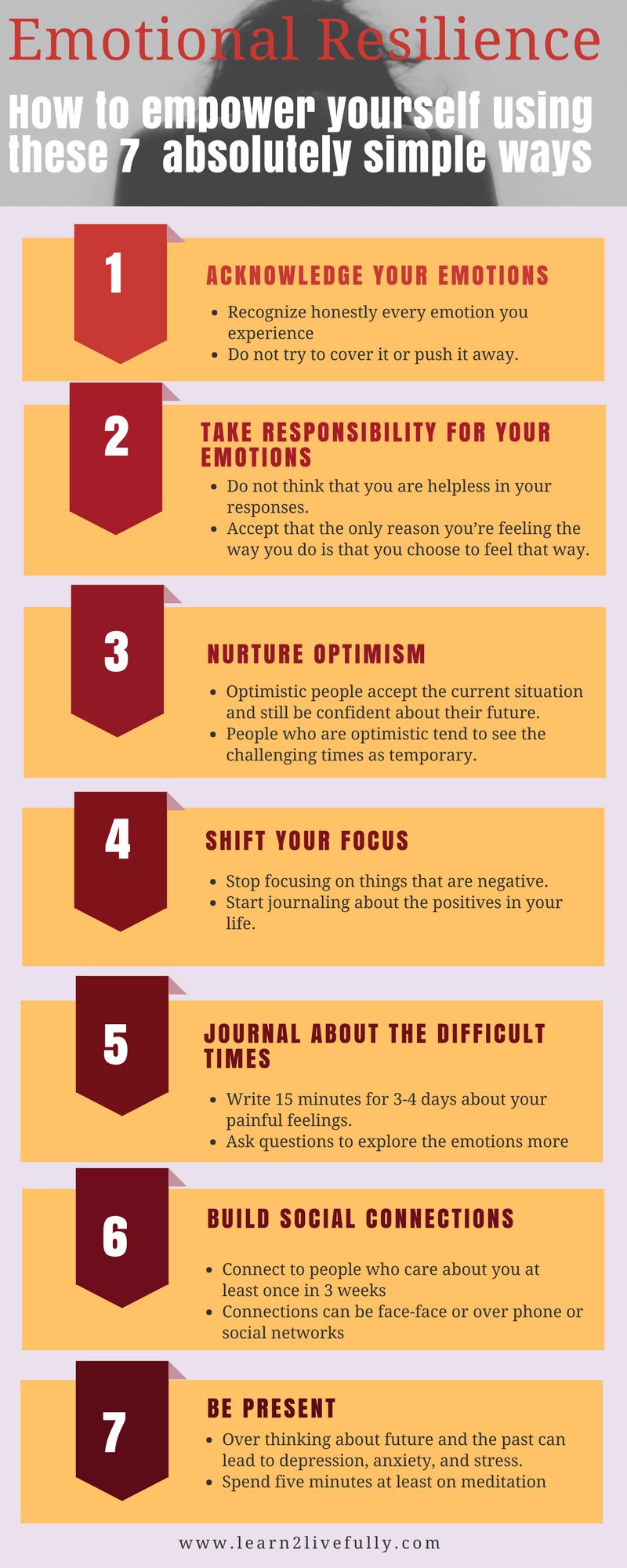I believe that one of the most important aspects of personal growth and development is building emotional resilience. Life can sometimes feel like a rollercoaster ride, with its ups and downs, and it’s during those downs that we need to rely on our inner strength to keep moving forward. Emotional resilience is like a superpower that allows us to bounce back from challenging situations and setbacks, and even grow stronger in the process. In this blog post, I’ll share some powerful tools and strategies to help you empower yourself and build emotional resilience.
1. Cultivating Self-Awareness: The first step to building emotional resilience is to develop self-awareness. This involves paying attention to your thoughts, emotions, and physical sensations. By becoming more aware of your internal experience, you can gain insight into how certain events or circumstances affect you and learn to better manage your emotions.
One practical way to cultivate self-awareness is through regular mindfulness practice. Taking just a few minutes each day to focus on your breath and observe your thoughts can do wonders for your emotional well-being. Additionally, journaling can be a helpful tool for self-reflection and understanding your emotions on a deeper level.
2. Building a Support Network: No one can go through life alone, and having a solid support network is crucial for emotional resilience. Surround yourself with positive and supportive people who uplift you and encourage your growth. Reach out to friends, family members, or even join a community or support group where you can connect with like-minded individuals going through similar experiences.
Having someone to talk to and lean on can make a world of difference when facing challenging situations. It’s important to remember that asking for help is not a sign of weakness, but rather a courageous act of self-care.
3. Practicing Self-Compassion: Self-compassion is about extending the same kindness, understanding, and care to yourself that you would offer to a loved one. We often tend to be our own worst critics, judging ourselves harshly and engaging in negative self-talk. However, cultivating self-compassion allows us to treat ourselves with kindness and understanding, no matter the circumstances.
Next time you find yourself making a mistake or facing a setback, try responding to yourself with words of encouragement and support. Treat yourself with the same compassion you would offer to your best friend. This practice not only helps build emotional resilience but also improves your overall mental well-being.
4. Embracing Growth Mindset: Adopting a growth mindset is essential for developing emotional resilience. A growth mindset is the belief that our abilities and intelligence can be developed through dedication and hard work. It’s about viewing challenges or setbacks as opportunities for growth and learning, rather than as failures.
By reframing setbacks as learning experiences, we can approach them with a more positive and empowering mindset. Embrace the idea that failure is not the end, but rather a stepping stone towards success. Each setback is an opportunity to learn, adapt, and come back stronger.
5. Taking Care of Your Physical Well-being: It’s important to acknowledge the strong connection between our physical and emotional well-being. When we neglect our physical health, it can have a significant impact on our emotional resilience. Incorporating regular exercise, eating a balanced diet, getting enough sleep, and managing stress are all essential components of self-care.
Regular physical activity, such as walking, running, or engaging in a sport you enjoy, can have a profound positive impact on your mood and overall well-being. Nourishing your body with good food and prioritizing restful sleep helps ensure that you have the energy and mental clarity to navigate life’s challenges.
Building emotional resilience is not a one-time task but an ongoing practice. It’s about consciously choosing to empower yourself and develop the necessary tools to bounce back from adversity. By cultivating self-awareness, building a support network, practicing self-compassion, embracing a growth mindset, and taking care of your physical well-being, you’ll be on your way to becoming more emotionally resilient. Remember, you have the power to overcome any obstacle that comes your way.
